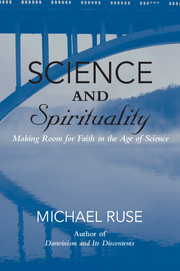Book contents
Two - The World as a Machine
Published online by Cambridge University Press: 05 May 2010
Summary
No Christian could ultimately escape the implications of the fact that Aristotle's cosmos knew no Jehovah. Christianity taught him to see it as a divine artifact, rather than as a self-contained organism. The universe was subject to God's laws; its regularities and harmonies were divinely planned, its uniformity was a result of providential design. The ultimate mystery resided in God rather than in Nature, which could thus, by successive steps, be seen not as a self-sufficient Whole, but as a divinely organized machine in which was transacted the unique drama of the Fall and Redemption. If an omnipresent God was all spirit, it was the more easy to think of the physical universe as all matter; the intelligences, spirits and Forms of Aristotle were first debased, and then abandoned as unnecessary in a universe which contained nothing but God, human souls and matter.
Hall 1954, xvi–xviiThere is much that is relevant to our inquiry in this introductory paragraph, drawn from one of the great classics on the history of the Scientific Revolution – the period in the sixteenth and seventeenth centuries that takes us from Nicholas Copernicus announcing that the earth moves around the sun to the great Isaac Newton bringing all together under his law of universal gravitational attraction. For a start, most obviously, we have the move from the world-as-organism metaphor to the world-as-machine metaphor.
- Type
- Chapter
- Information
- Science and SpiritualityMaking Room for Faith in the Age of Science, pp. 32 - 53Publisher: Cambridge University PressPrint publication year: 2010

